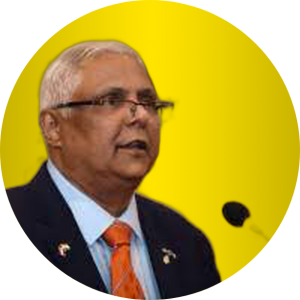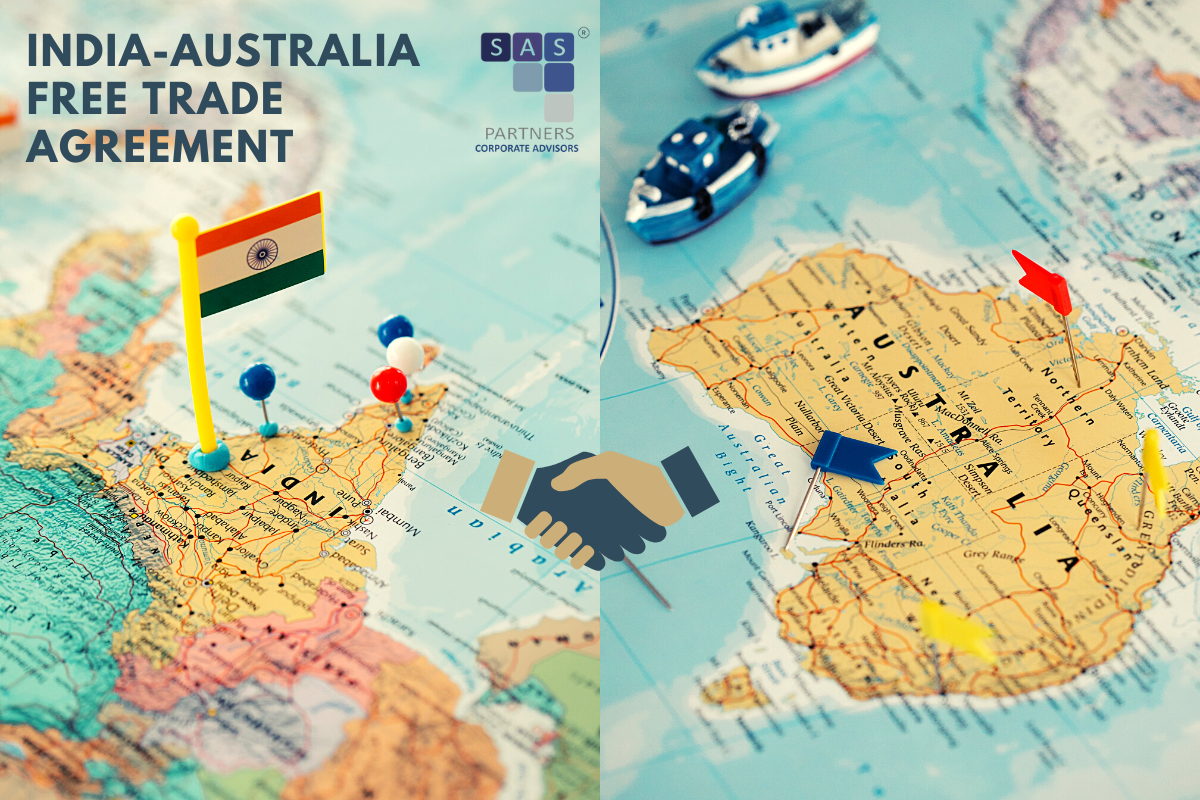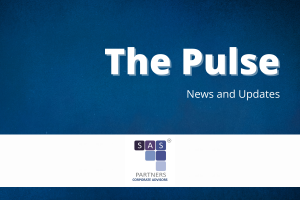India – Australia Free Trade Agreement
The India – Australia Free Trade Agreement (FTA) came into effect Thursday, 29th December 2022. It was signed on 2nd April 2022. The agreement is officially called the Economic Cooperation and Trade Agreement (ECTA).
India and Australia are strategic partners in the Asia-Pacific region and have shared a very friendly relationship for a long time. It is therefore appropriate that the India – Australia Free Trade Agreement is the first one to kick off during the current government’s efforts to reinstate trade agreements that were suspended many years ago. This is indeed a very good sign and hopefully will result in India signing more such FTAs with important regions like the European Union and the USA, besides others which have been stuck for over a decade.
The ECTA between India and Australia will bring the respective countries closer in economic and political terms and provide increased opportunities for companies in both countries.
The ECTA will also allow opportunities for Indian students to study in Australia and also stay back and explore employment opportunities.
The ECTA between India and Australia will benefit both countries by lowering their dependence on China for their exports.
The ECTA boosts bilateral trade in goods and services to cross US$ 70 billion in the next five years.
India’s goods exports to Australia stood at $8.3 billion and India’s imports from Australia were $16.75 billion in the financial year 2021-22. Under the pact, Australia is offering zero-duty access to India for about 96.4% of exports (by value) from day one. Tariffs on 85% of Australia’s exports to India will be eliminated and high tariffs on a further 5% of goods will be phased down.
According to the ECTA, India has committed in the agreement to open up access for Australia’s exporters of various products including critical minerals, pharmaceuticals, cosmetics, lentils, seafood, sheep meat, horticulture, and wine. Australian service suppliers are expected to benefit from full or partial access across more than 85 Indian services sectors and subsectors. Australian suppliers across 31 sectors and subsectors will be guaranteed the highest standard of treatment that India grants to any future free trade agreement partner.
India, on the other hand, will get a boost to its traditional exports due to this newly signed India – Australia Free Trade Agreement in industries such as textiles and apparel, some agricultural and fish products, leather, footwear, furniture, sports goods, jewellery, machinery, and electrical goods. Since many of these industries are labour-intensive, it will help create increased employment in India for semi-skilled and unskilled labour. Australia has offered wide-ranging commitments in around 135 sub-sectors and Most Favoured Nation (MFN) in 120 sub-sectors which cover key areas of India’s interest like IT, ITES, business services, health, education, and audiovisual.
The India – Australia Free Trade Agreement is key to future economic cooperation and exploring business opportunities between the two countries. The agreement is in the right direction, especially for India which had let all FTAs lapse and stopped negotiations with a number of countries. If the Indian Government continues to enter into more such agreements with its major trading partner countries, it will indeed give a tremendous boost to the Indian, economy, benefit Indian companies and help the Indian Government achieve its goal of becoming a $30 trillion economy quicker.
About the Author
 |
VIJAY KUMAR VADDADI, India Entry & International Affairs
Mr. Vijay Kumar is an Industrial Economist with 35+ years of experience in Economic Analysis, Trade & Investment Promotion, International Business Strategy & Cross-Cultural Impact. A Post-Graduate in Economics with specialization in Industrial Economics and Economics of Transportation, Public Utilities & Social Infrastructure from the University of Bombay (1982). In 1984, he joined the Consulate General of the Netherlands in Mumbai as an Economic & Commercial Officer and continued his association with the Netherlands Government (NBSO) for over 30 years. At SAS Partners, he heads the Trade and Investment Promotion activities, supports organising programmes for international business delegations, curates knowledge reports, and market studies and also helps our international clients in understanding the Indian business landscape better. |



